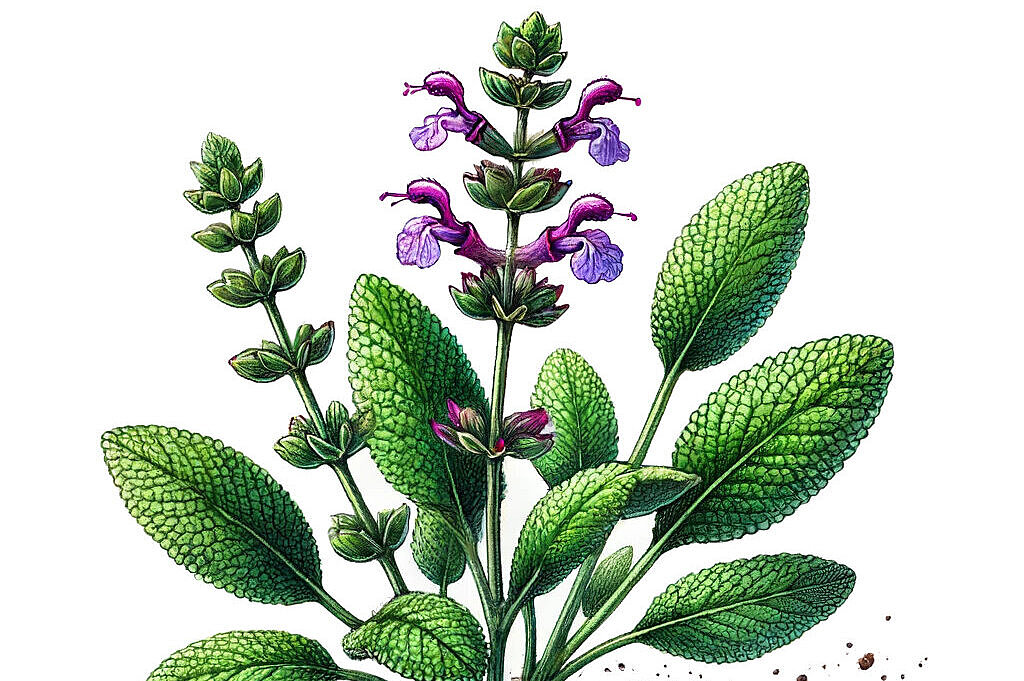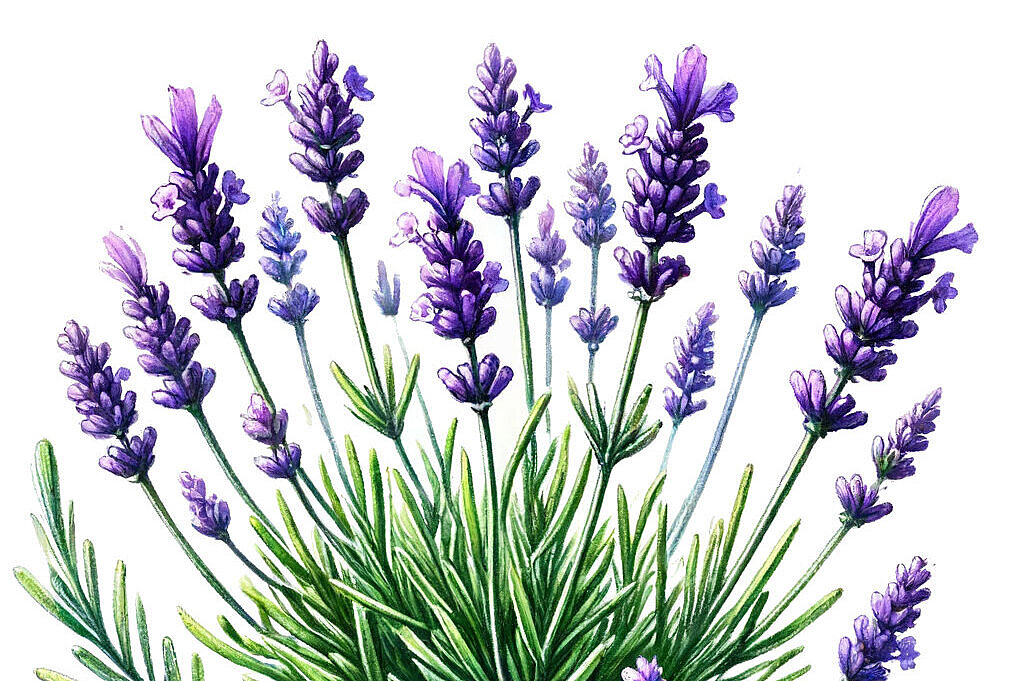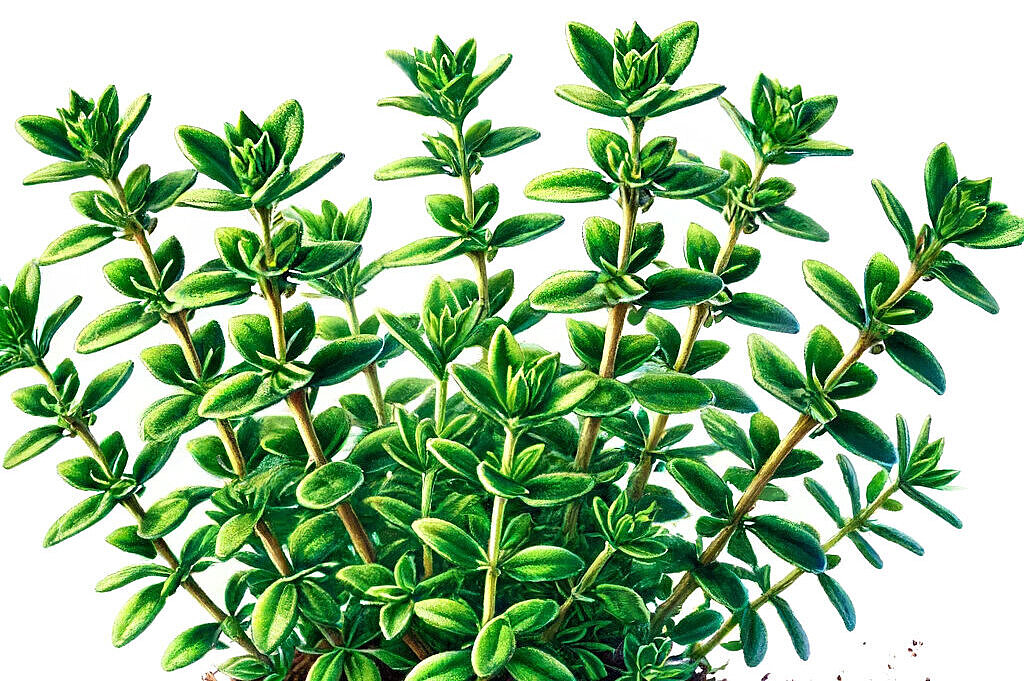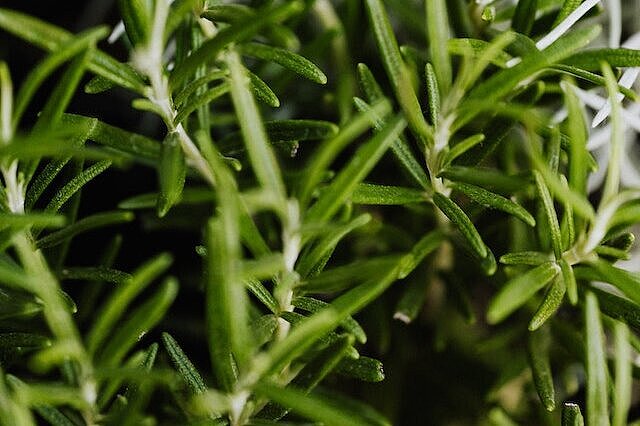Penstemon

What is penstemon?
Penstemon is a genus of plants that is mainly native to North America and is characterized by its showy flowers. The plant belongs to the plantain family (Plantaginaceae) and comprises several hundred species. Beardthread is not only popular for its decorative flowers, but also for its traditional use in folk medicine, where it is used for various therapeutic purposes.
Benefits of whiskers for dogs
Natural support for the respiratory tract
Whiskers have a long history as a means of supporting respiratory health. It can be used in dogs to relieve coughs and as a supportive agent in the treatment of respiratory diseases. Its mild expectorant properties help to soothe the bronchial tubes and make breathing easier.
Calming effects
Some pet owners report that whiskers have a calming effect on their dogs. This can be particularly useful for animals that are prone to nervousness or stress. The calming properties can help to relax the dog without affecting physical performance or mental clarity.
Antioxidant properties
Like many other medicinal plants, beard thread contains antioxidant compounds that can help protect cells. These antioxidant properties support overall health and may help reduce the risk of certain diseases.
Disadvantages of beard thread
Lack of scientific studies
A major drawback to the use of beard thread in dog nutrition and care is the lack of extensive scientific studies. While traditional uses and anecdotal reports emphasize its benefits, there is a lack of solid research to support these claims.
Potential toxicity
Although beard thread is generally considered safe in moderate amounts, certain species or parts of the plant can be toxic to dogs if ingested in excess. It is important to know the specific species of whiskers and the appropriate dosage to avoid adverse reactions.
Interactions with medications
As with any supplement, beard thread has the potential to interact with other medications your dog may be taking. Before using beard thread supplements, it is advisable to discuss this with a vet to avoid unwanted interactions.
Beard thread offers interesting potential as a complementary treatment in natural dog nutrition and care. Its benefits, particularly in terms of respiratory support and its calming properties, make it worthy of consideration for dog owners interested in natural remedies. However, it is important to be aware of the limitations of its use, particularly in relation to the lack of scientific research, potential toxicity and possible interactions with other medications. As with any supplement or treatment, be it natural or synthetic, the use of beard thread should be done with caution and under the advice of a professional to ensure the well-being and health of your four-legged friend.
Properties 3
Are you looking for other ingredients with a specific property?
Just click on them to find more.
If you notice any signs of hypersensitivity or poisoning in your dog, you should see your vet immediately. We are not a substitute for a vet, but we try to be as accurate as possible. Every dog reacts differently and we recommend you get a second opinion or consult your vet if in doubt.
Stay healthy and take good care of your four-legged friend!😊
Similar to Penstemon
Sage (Salvia officinalis) is a plant from the labiate family. It is native to Europe and the Mediterranean region and has been used in cooking and as a medicinal plant since ancient times. Sage is a...
Lavender is a plant genus that belongs to the labiate family. There are around 30 different types of lavender, which differ in appearance, fragrance and ingredients. The best-known species is true...
Thyme belongs to the labiate family and grows mainly in the Mediterranean region. It has small green leaves and pink or white flowers that attract many bees. Thyme contains essential oils such as...
Rosemary is a spice plant that is widely used in Mediterranean cuisine. The plant has small, needle-shaped leaves and an intense, woody taste and smell. Rosemary is often used as a spice in meat and...



